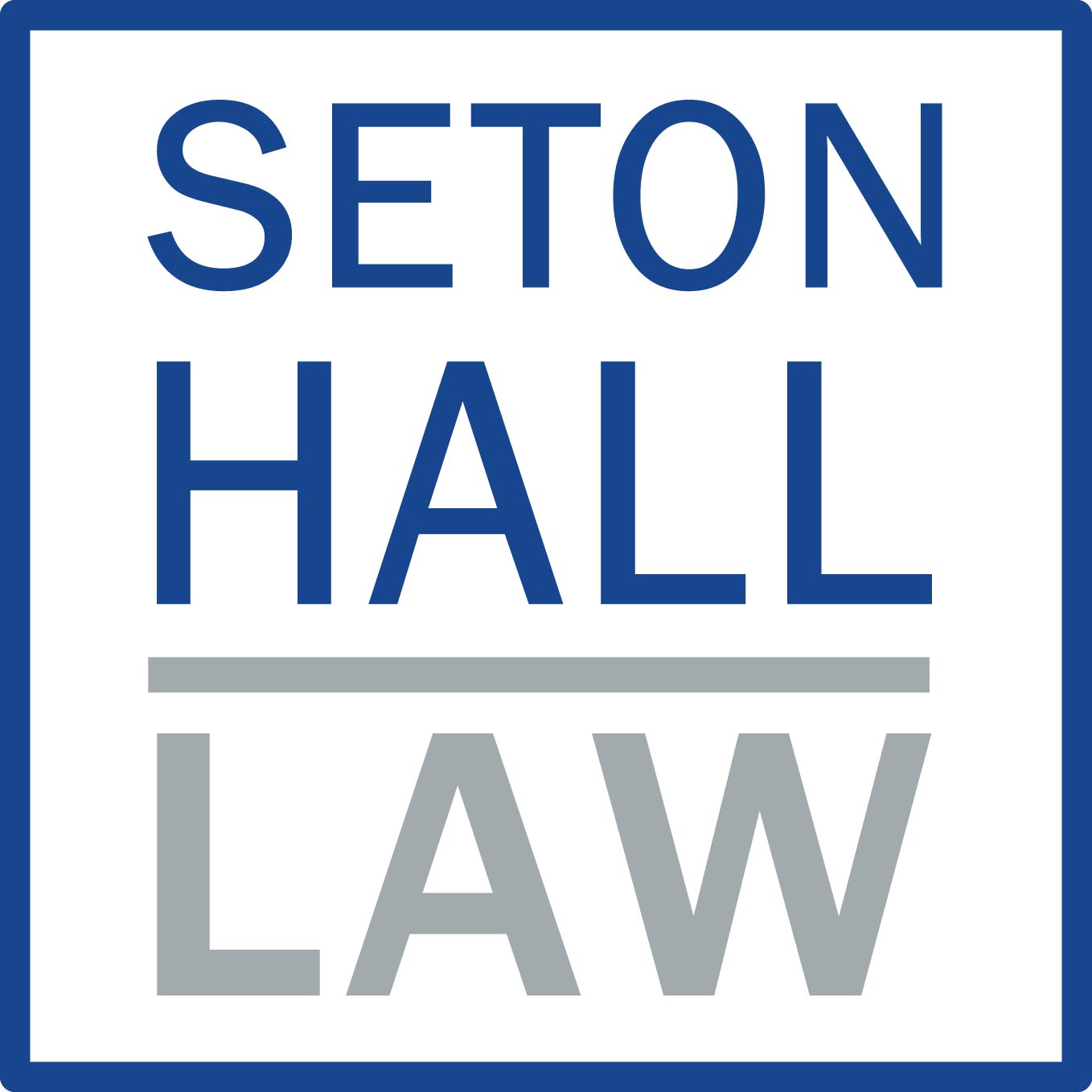
Health Law Weekly Roundup: Week Ending July 10, 2020

Published 2020-07-10
Pharmaceutical Industry
- The U.S. Government signed a $1.6 billion deal with Novavax to produce a COVID-19 vaccine. Novavax pledged to produce 100 million vaccine doses this year, though in June, Novavax was not speculated to be in the top five companies likely to be the first to produce a COVID-19 vaccine. Read article, Novavax inks $1.6B Warp Speed deal to fund COVID vaccine's phase 3 testing, manufacturing >>
- This week, the FDA approved a GSK subsidiary’s new HIV drug, Rukobia, which has been shown to effectively treat drug-resistant HIV patients. Rukobia also helps boost the immune systems of heavily treated HIV patients, assisting in making them less vulnerable to other infections. Read article, GSK snags first-in-class FDA nod for Rukobia to treat HIV patients who have few options >>
- Lupin Pharmaceuticals recalled all its metformin, a diabetes drug, after the FDA discovered high levels of a likely carcinogen, NDMA. Granules Pharmaceuticals also plans to recall their metformin for the same concerns. Since the FDA has asked manufacturers to recall only their extended-release metformin, the agency does not anticipate a drug shortage for diabetic patients. Read article, Lupin pulls diabetes drug metformin off shelves as carcinogen worries continue to build >>
- According to a recent study, researchers indicate a correlation between the antibiotic azithromycin and an increased risk of cardiovascular death within five days of taking the medication. Azithromycin is one of the most commonly prescribed antibiotics in the United States. Read article, Study links azithromycin to increased risk of cardiovascular death >>
COVID-19 Developments
- The FDA approved a CDC test that will indicate if respiratory ailments are from the seasonal flu or COVID-19. Health care officials will look to this combined test to quickly and informatively evaluate the proper condition and treatment plan. Read article, CDC gets FDA nod for coronavirus-flu combination diagnostic >>
- Northwestern University’s Sonica Health, in conjunction with the Biomedical Advanced Research and Development Authority (BARDA), have developed a wearable device aimed at detecting and monitoring COVID-19 infections. Sonica plans to file for FDA approval to market the device this month. Read article, BARDA backs push for clinical-grade wearable to detect signs of COVID-19 >>
- An interview with the CEO of Neural Analytics, which has developed the Lucid Robotic System: one that uses ultrasound technology on the brain to quickly diagnose and prevent strokes. Evidence indicates COVID-19 patients have a higher risk for strokes, and the technology is also designed to minimize a clinician’s exposure when treating these patients. Read article, Robotic Transcranial Doppler for Stroke Detection and Risk Assessment in COVID: Interview with Diane Bryant, Neural Analytics >>
- Planetree International and The Pioneer Network created a coalition to develop guidelines to preserve patients’ access to family presence at health care facilities during COVID-19. The coalition advocates for crisis management services to consider and incorporate familial connection to promote patient-centered care. Read article, Guidelines for Family Presence Policies During the COVID-19 Pandemic >>
In the Law
- The Supreme Court upheld, 7-2, the validity of the religious exemption to the Affordable Care Act’s requirement that employers provide insurance coverage for contraception. Read case, Little Sisters of the Poor Saints Peter and Paul. Home v. Pennsylvania ET AL. >>





